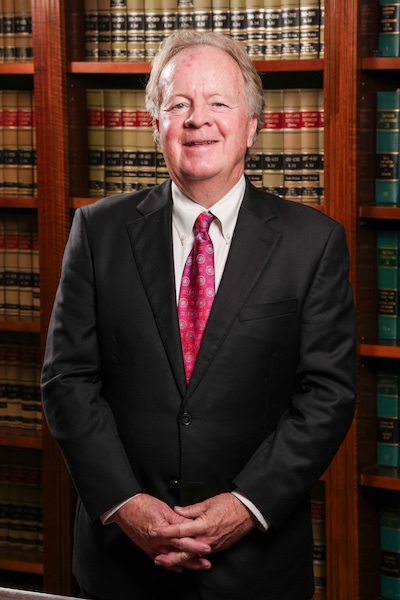These cases have taken many forms. A large swath of premises cases involve criminal acts that are visited upon guests of hotels, malls and office buildings. Quite simply, business owners are often aware of ongoing criminal activity on their premises. Their guests and patrons do not have the benefit of such information and often fall prey to criminal attacks, injuries and even deaths, that they may have been able to take precautions against, if the mall or hotel owner had warned them.
Understandably, mall owners do not want to advertise that they have crime problems which might discourage customers and therefore we see more and more shopping mall security and less and less public acknowledgement of criminal activity at local malls and office buildings. There is a tension between the need to protect customers and guests and the desire to conceal recurrent criminal acts in an area.
If you know the local mall has seen two rapes and two armed robberies, you might just drive an extra five miles to a safer shopping center. Therefore, the local mall has a large economic incentive to keep criminal problems under wraps but also to keep its patrons safe.
Another frequent category of cases involves apartment complexes and office buildings. Apartment renters who are locked into a lease are not in a position to drive to the safer complex five miles away. They are legally bound for the duration of their lease. We have represented a number of tenants who have been sexually assaulted, raped or attacked by criminals that the apartment complex has been aware of.
Again no apartment complex wants to acknowledge the existence of a "crime problem" because it will discourage future tenants and existing tenant renewals. So there is a tendency to sweep such crimes under the rug and unsuspecting tenants blithely go on about their daily business until they are attacked.
The focus then becomes what duty is owed a tenant, customer or hotel guest? Maryland law provides for different standards of care for different people. One's "status" when on the property of another determines what duty the property owner owes you.
Maryland law purports to establish four categories of property visitors although for all practical purposes the duty owed to two categories is the same.
The categories are "invitee", "social guest or licensee by invitation" and "bare licensee and/or trespasser."
We will focus briefly here on the first two categories as several past blogs have discoursed on the duties owed "bare licensees and trespassers." https://www.maryland-law.com/blog/premises-injury-and-death-cases-in-maryland-what-is-a-property-owners-duty.cfm
An invitee is a person invited or permitted to be on the property of another for furtherance of the property owner's business. Mall customers, hotel guests, employees of independent contractors, spectators at athletic events and numerous other people are accorded the highest level of care by Maryland law. What is that duty? Reasonable care that the portions of the property an invitee is likely to encounter are safe.
"Social guests of licensees by invitation" are those individuals permitted on the property of another not for the business purposes of the landowner but as express or implied guests of the property owner. Visiting your neighbor makes you a"social guest" unless you are there to do business with them. So what is the duty owed such individuals? A property owner must make the premises safe or warn guest about dangerous conditions that cannot be readily discovered by such guests.
Sounds pretty similar doesn't it? The next article on Maryland premises liability law will focus on the distinctions between categories of guests under specific Maryland cases and the concept that one's status on another's premises can change.

